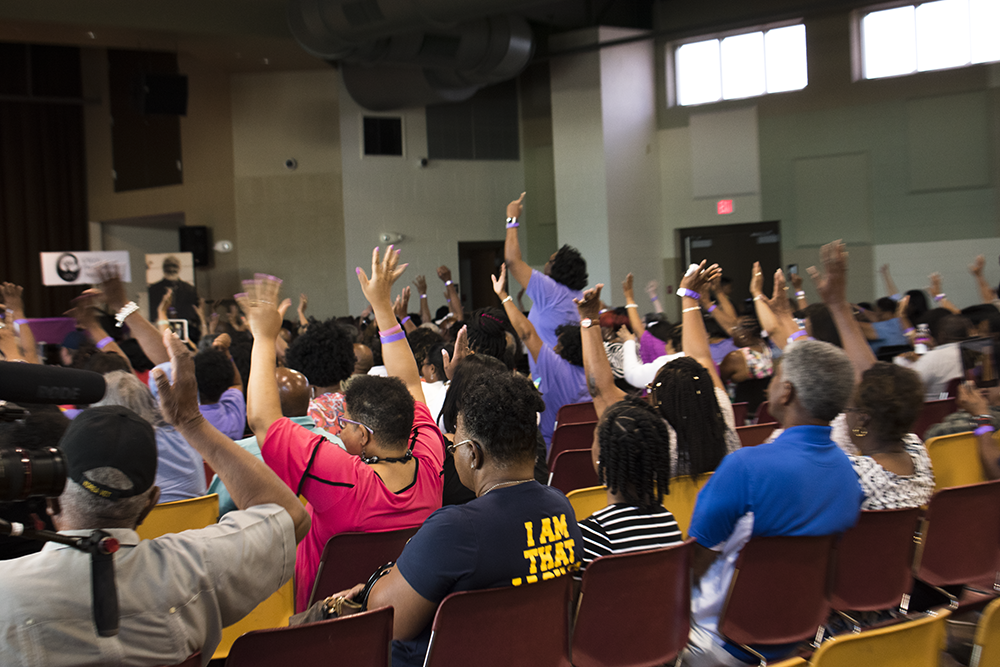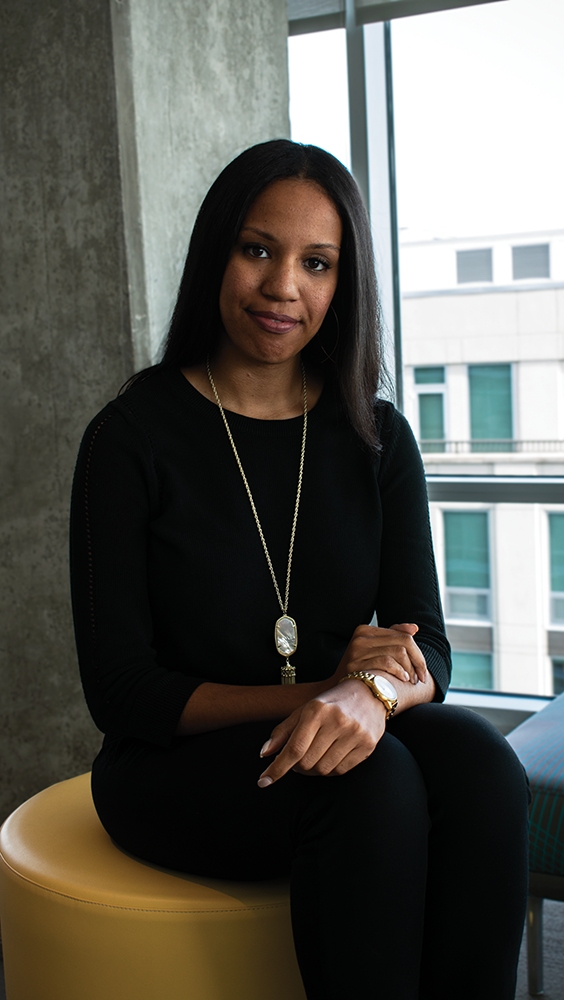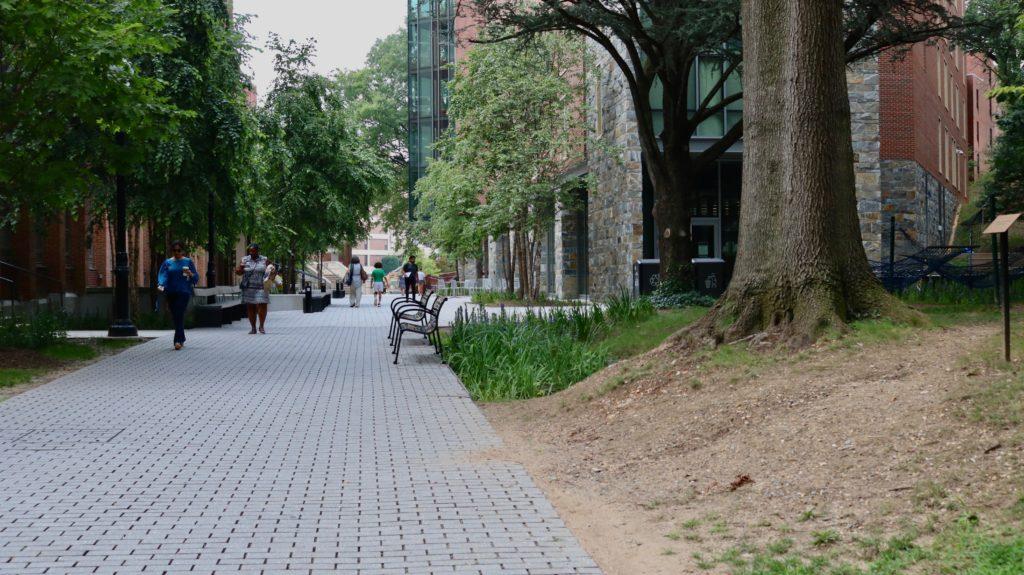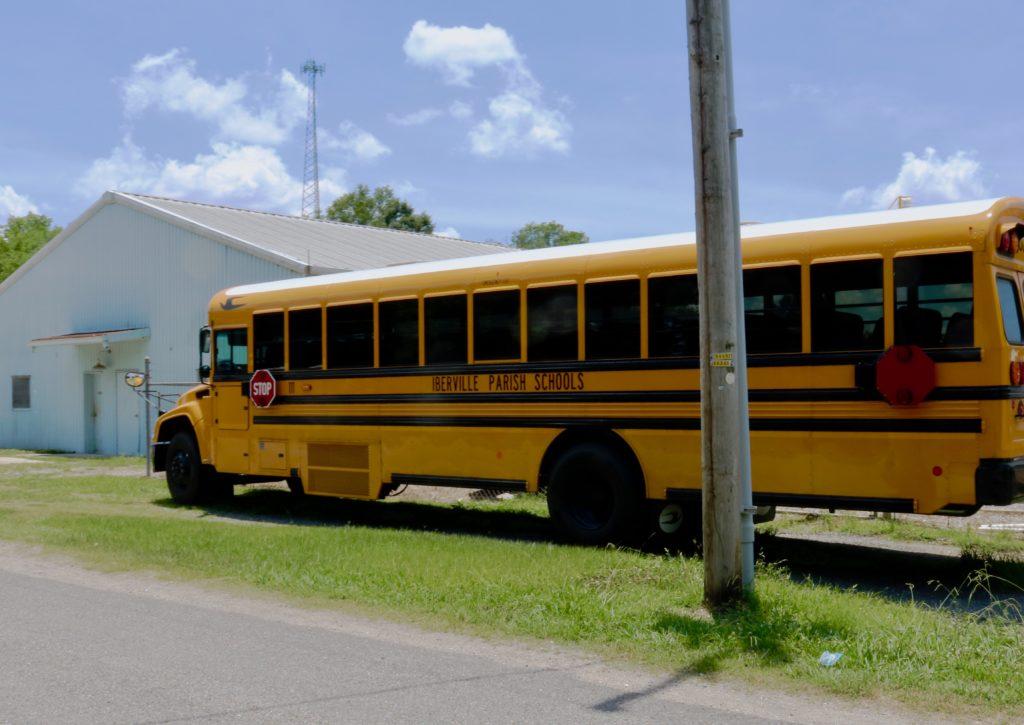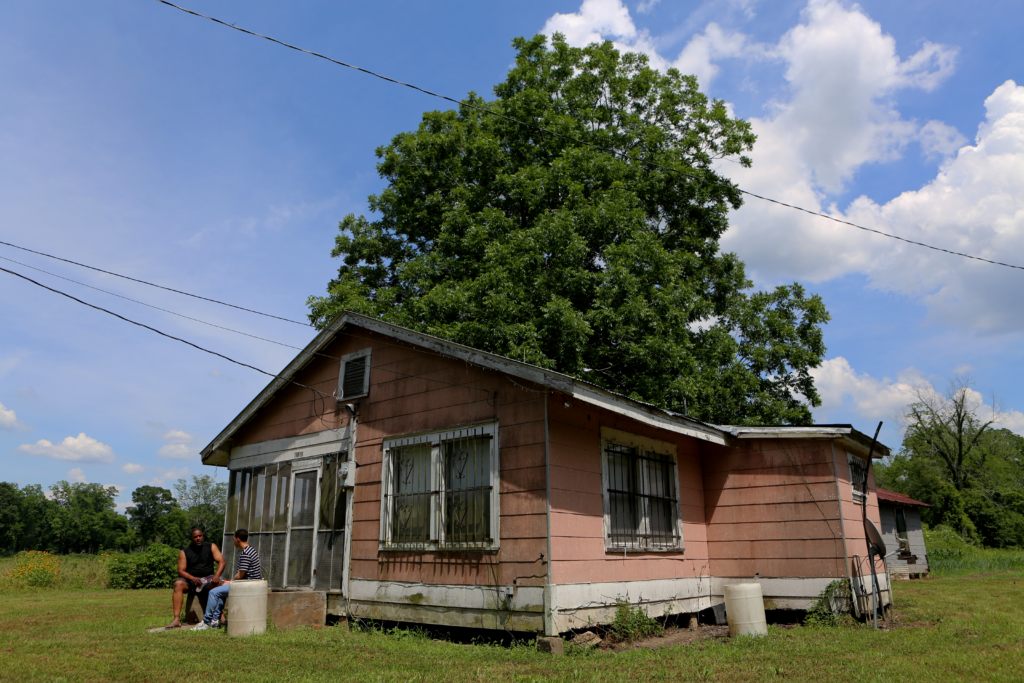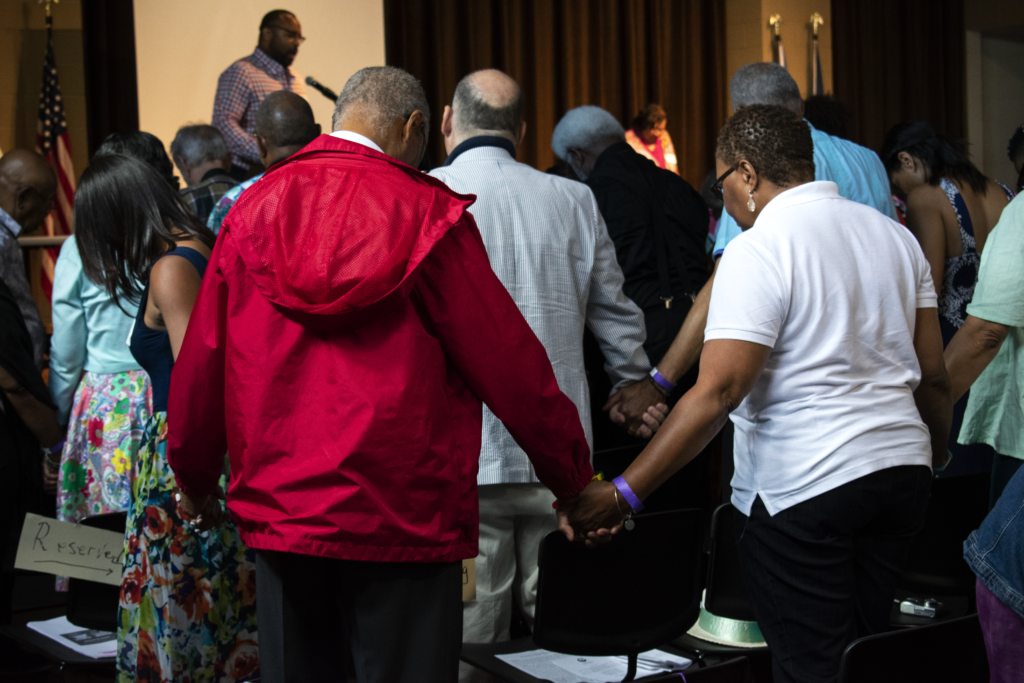On Sept. 2, University President John J. DeGioia announced a series of efforts to reconcile the benefit Georgetown received from the 1838 sale of 272 slaves. The statement marked the conclusion of a yearlong endeavor to respond to the university’s dealings in slavery and the beginning of another with hopes to reconcile its past with its present.
DeGioia announced a series of measures in September after the Working Group on Slavery, Memory and Reconciliation released a series of recommendations, including granting an advantage in admissions applications to the descendants of the 272 slaves whose sale in 1838 benefited the university.
DeGioia charged the working group in September 2015. The working group was disbanded in September 2016 after the report was released.
The university also held a liturgy ceremony last Tuesday to offer a formal apology for the university’s historical relationship with slavery and to dedicate Isaac Hawkins Hall, named after the first enslaved person listed in records of the 1838 sale, and Anne Marie Becraft Hall, recognizing a free black woman and educator in the Georgetown area.
The halls were previously named after former University Presidents Fr. Thomas Mulledy, S.J., who authorized the sale of the 272 slaves to a Louisiana plantation in 1838, and Fr. William McSherry, S.J., who served as Mulledy’s lawyer in the sale. Within 24 hours of a student-led demonstration last November, DeGioia approved the working group’s recommendation to change the names of Mulledy and McSherry Halls to Freedom and Remembrance Halls, respectively.
As part of efforts to involve the community and raise awareness, the university will also establish an Institute for the Study of Slavery and Its Legacies to research and teach about slavery and engage with descendants of the 272 slaves.
Other measures announced by DeGioia in September included developing formal memorials on campus recognizing the 272 slaves, expanding engagement with descendants of the 272 and increasing diversity at the university.
Adjoa Aiyetoro, a professor at the University of Arkansas at Little Rock William H. Bowen School of Law and one of the six lawyers working pro bono to aid the Legacy of GU 272 Alliance, said the 272 require greater representation in the process of reconciliation.
“What has happened to date is that Georgetown is making decisions about what to do, and they aren’t really reaching out to descendants, as a whole, to ask what is it you would like us to do,” Aiyetoro said in a March interview with The Hoya. “In talking with Georgetown, they felt that it was important that they get people who are skilled in negotiations and discussions with institutions such as Georgetown. They felt they would be heard better that way.”
Descendants who spoke with The Hoya in September were also concerned that they were not adequately included in the reconciliation process. Six descendants presented a declaration at the Gaston Hall event in September with the signatures of over 350 descendants, expressing their desire to work with the Georgetown community to reconcile Georgetown’s history with slavery.
Joe Stewart, a descendant of the 272 who presented the declaration at the event, emphasized the necessity for collaboration between the university and descendants in order to make sure its efforts are effective.
“This is perhaps one of the greatest needs in this nation, at Georgetown, among the Jesuits and throughout the human family,” Stewart said. “And this university has the gravitas to do that, but you got to listen. And one of the things that has not happened, the reason we rushed to Washington today to participate here, is because we want you to hear.”
History professor Marcia Chatelain, who served on the working group, said that while the university has worked successfully to engage descendants of the 272 in the reconciliation process, it must clarify its future relationship with descendants.
“I think, moving forward, what we need to do is to create a process that has clarity in how people engage with each other, but I think at the fundamental root of all of it is there is a desire for relationship and being patient with that and cultivating that relationship and being open to all the different places it can take us as an institution is also important,” Chatelain said in an interview with The Hoya.
Some descendants stressed the need for reparations rather than an edge in admissions. Karran Harper Royal, a lead organizer for GU272 and a descendant of the 272, stressed that the foundation sees offering scholarships to descendants as a necessary expansion of the university’s current plan to offer legacy status.
“There’s value in that but still, schooling has to be paid for,” Harper Royal said in a September interview. “And we really want to, through the foundation, provide for the educational aspirations of descendants, regardless of whether they choose Georgetown or any other institution that might better fit their needs.”
The university, for its part, has stated that its need-blind financial aid programs make scholarships or other forms of financial support for descendants of the 272 unnecessary.
DeGioia said in an interview with The Hoya in September that the university’s decision to provide descendants of the slaves sold by Georgetown with an admissions boost, rather than special financial support, is rooted in the university’s existing admission policies.
“We give care and attention to members of the Georgetown community, faculty, staff, alumni. We have an enduring engagement with the university,” DeGioia said. “We will give that same care and attention to the children of descendants, but our policies on scholarships are guided by the university commitment to need-blind admission and meeting full need.”
Some descendants, however, see a need for the university to do more. Ari Merretazon, another descendant of the 272, said the university must go beyond recognizing and apologizing for its past connections to slavery.
“I think they should not be afraid to use the ‘r’ word, that after apology and regret, you try to repair the damage you done. I haven’t heard anything about repairing the damage that’s being done,” Merretazon said in an interview with The Hoya. “Right now, they’re just talking about acknowledging their involvement, but they’ve got to also repair it.”
Hoya Staff Writers Alex Mooney and Lily Steinberg contributed reporting.








